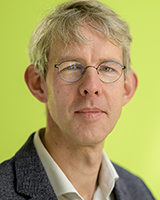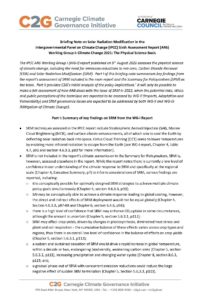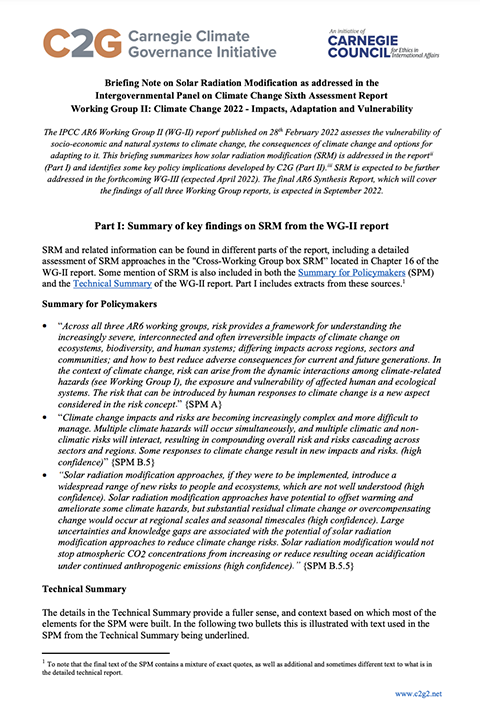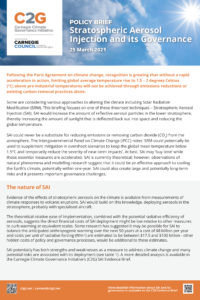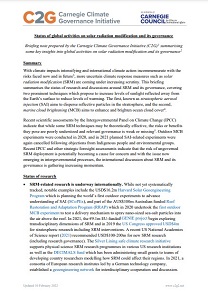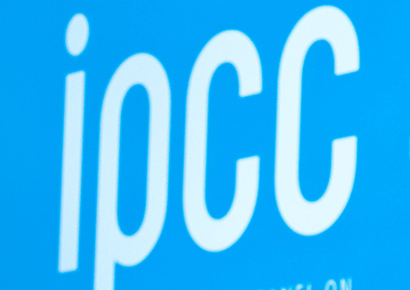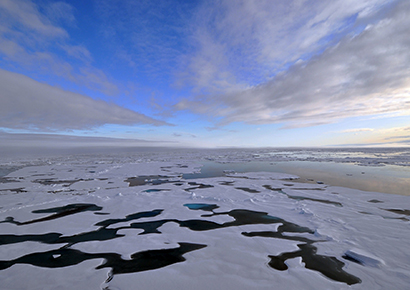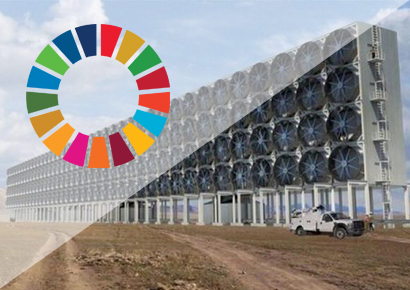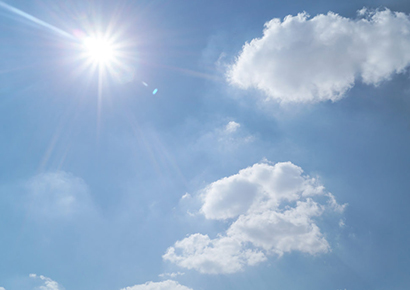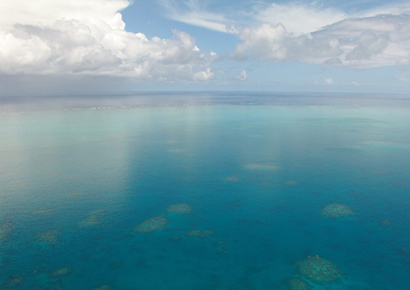C2GLearn
How does the Working Group-II report of the IPCC Sixth Assessment address Carbon Dioxide Removal and Solar Radiation Modification?
This unit aims to unpack key information about how emerging climate-altering approaches, Carbon Dioxide Removal (CDR) and Solar Radiation Modification (SRM) are addressed in the Working Group II (WGII) report for the Intergovernmental Panel on Climate Change (IPCC) Sixth Assessment, and to examine what (if any) implications this may have for governance. It seeks to answer the following questions:
- What are the climate and development pathways? How to manage key risks under these pathways?
- How does the WGII report address CDR?
- How does the WGII report address SRM?
Webinars
The Working Group II contribution to the Sixth Assessment report of the IPCC presents the most up-to-date understanding of the vulnerability of socio-economic and natural systems to climate change, impacts and options for adapting to it. This C2GLearn webinar aims to provide audiences with expert overviews of how the report addresses CDR and SRM, followed by a moderated Q&A session enabling the audience to ask clarifying questions and learn more. Speakers’ presentations will be pre-recorded and played to the webinar audience, with the speakers joining for the live Q&A session. Speakers include:
Maarten van Aalst / Red Cross Red Crescent Climate Centre
Maarten van Aalst is Director of the Red Cross Red Crescent Climate Centre. He is also full professor in Climate and Disaster Resilience at ITC, University of Twente and adjunct Senior Research Scientist at the International Research Institute for Climate and Society at Columbia University, New York.
Professor van Aalst is Coordinating Lead Author for the Intergovernmental Panel on Climate Change (IPCC) and co-Editor-in-Chief of the journal Climate Risk Management. He also serves on the Technical Expert Group on Comprehensive Risk Management of the UNFCCC Warsaw International Mechanism on Loss and Damage, the NWO-WOTRO Steering Committee, the Steering Group of the Partners for Resilience alliance, advisory boards of several international research programmes on climate risk management, and as trustee at the International Institute for Environment and Development (IIED).
After completing a PhD in atmospheric science at Utrecht University and the Max Planck Institute in Mainz, he worked on climate and disaster risk management with the World Bank, regional development banks, the OECD, and several governments.
Aditi Mukherji / International Water Management Institute

She has over 21 years of experience working on policies and institutions of water resources management with a special focus on water-energy-food nexus. She has published over 50 peer reviewed papers. Aditi has served as a Permanent Consultative Committee member of GEF-FAO’s Groundwater Governance project hosted by FAO at Rome and is a Board member of an Indian research NGO called SACiWaters.
She is the first ever recipient of the Borlaug Field Award (2012) endowed by the Rockefeller Foundation and given by the World Food Prize Foundation, USA.
Aditi is a human geographer by training and has a PhD from Cambridge University, United Kingdom, where she was a Gates Cambridge Scholar.
Christopher Trisos / Climate Risk Lab
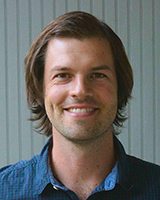
Dr. Trisos is a coordinating lead author for the chapter on Africa for Working Group-II of the IPCC 6th Assessment Report and is also a member of the core writing team for the overall IPCC Synthesis Report. He has consulted on climate change risk and adaptation options for the World Bank and other international development organisations. He is also the co-creator of a climate change choose-your-own adventure game called ‘Survive the Century‘. You can find him on twitter @christrisos.
Moderator: Nicholas Harrison / Carnegie Climate Governance Initiative
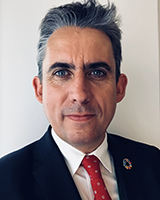
Prior to joining C2G, Harrison served as an adviser on climate action in the Executive Office of the United Nations secretary-general, supporting delivery and ratification of the Paris Agreement on climate change. Before this, as a senior consultant at Ecofys, he coordinated global teams of experts delivering high-profile international research assessments and analysis on climate change, sustainable energy, and low emissions development
In previous roles, Harrison served as an adviser on climate change and strategic intelligence for the UK Department of International Development, Department of Communities and Local Government, and the Office of the Deputy Prime Minister. He began his career in environmental engineering, moving into communications to promote renewable energy technologies, followed by various roles in city, regional, and national government, improving the use of data and evidence to deliver more sustainable development.
Harrison has written and presented widely on climate change and sustainable development, served on the Sustainable Communities committee of the British Standards Institution (BSI) and worked extensively to promote integrated multi-level governance and the role of cities, states, and other non-state actors in climate action.
He holds an MSc in organisational psychology from City University, London, is a fellow of LEAD International and the Norfolk Charitable Trust, and is an independent expert for the Climate KIC, Europe’s largest public-private innovation partnership focused on climate innovation to mitigate and adapt to climate change.
Introduction
Presentations
Maarten van Aalst is Director of The Red Cross Red Crescent Climate Centre.
Aditi Mukherji is Principle Researcher of International Water Management Institute.
Christopher Trisos is Principal Investigator of Climate Risk Laboratory.
Slide presentations
- Maarten van Aalst Impacts, Adaptation, and Vulnerability [pdf]
- Aditi Mukherji Carbon dioxide removals and trade-offs with water and food security [pdf]
- Christopher Trisos Solar Radiation Modification: Key Messages from the IPCC WG2 Report [pdf]
Q&A
For further information on this topic visit C2G’s IPCC landing page which has a range of knowledge products that might be of interest to you.
C2G strives to achieve a diversity of views and backgrounds across all its events. To that end, it is always open to feedback and suggestions regarding future participants and topics, to ensure a range of perspectives by sector, gender, race, geography, age and other dimensions. It will not always achieve the necessary diversity in all circumstances due to issues of availability and familiarity, but aims over time to expand the range of contributors able to address its issues, subject to the broad principles outlined in its mission statement.
Background reading
C2G Products
C2G Briefing on SRM in the IPCC-AR6-WGI Report
Briefing Note
C2G Briefing on SRM in the IPCC-AR6-WGII Report
Briefing Note
